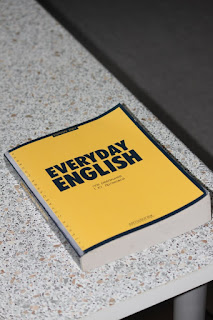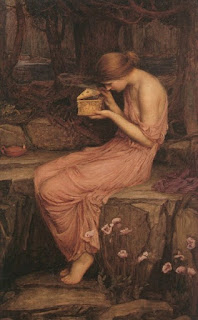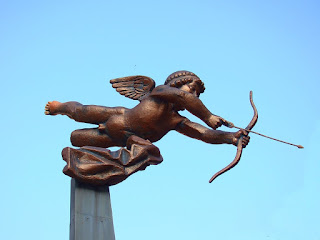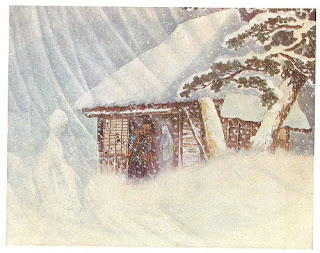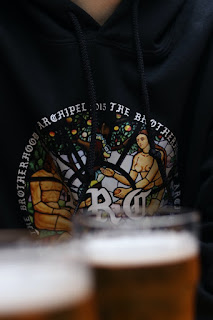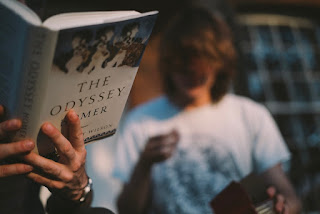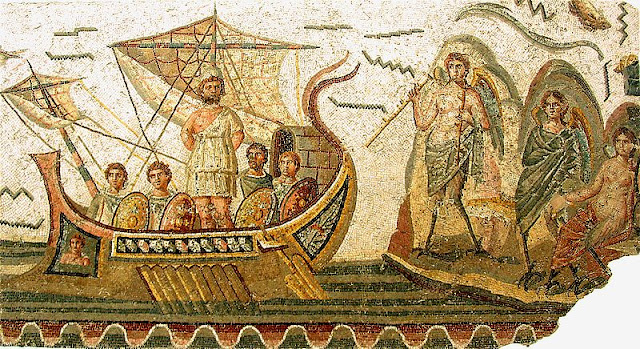Reading Notes: Life of Buddha, Part A
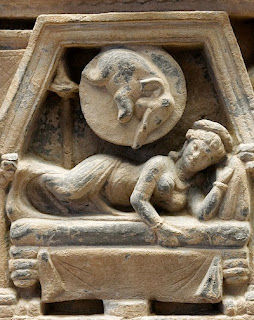
The first encounter: The season had begun to change to winter and the prince wanted to leave the grass in the woods had become a tender green and the birds in the trees were singing of the spring, and how, in the ponds, the great lotuses were unfolding. Nature had broken the chains that winter had forged, and, around the city, those gardens so dear to young maidens were now gaily carpeted with flowers. Then, like an elephant too long confined in his stable, the prince had an irresistible desire to leave the palace. Maya's dream: THE same hour that spring was born, a dream came to Maya as she slept. She saw a young elephant descending from the sky. It had six great tusks; it was as white as the snow on mountain-tops. Maya saw it enter her womb, and thousands of Gods suddenly appeared before her. They praised her with immortal songs, and Maya understood that nevermore would she know disquietude or hatred or anger. Then she awoke. She was happy; it was a happiness she had never felt




